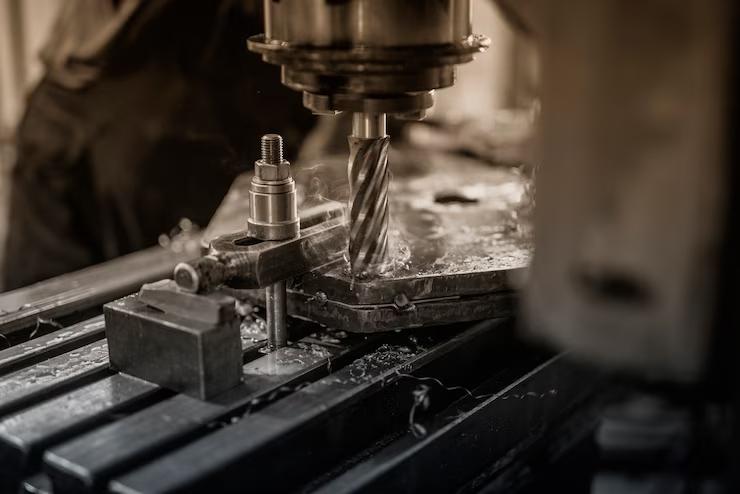Based on the metal or metal alloys you are working with, the CNC machining procedure for a product can vary significantly. In that respect, brass is like other materials, but several important distinctions set brass apart.
Brass is often considered quite machinable, but that doesn’t mean it is a good option for all purposes. Today, we’ll examine brass in-depth to assist you in choosing if a CNC machine for brass parts ought to be your preferred route.
Machined Brass Parts
Brass is used in a wide range of practical situations. But, due to several drawbacks in its composition, it might not be appropriate for your particular application. A short selection of the most popular brass parts is provided below.
- Valves
- Hinges
- Plumbing
- Knobs
- Various Electronic Components
- Nozzles
- Fluid Fittings
- Bearings
- Some Medical Components
Suitability Of Brass for a Given Project
Answering what material would be ideal for your given situation requires evaluating different considerations. An end user should consider properties like machinability, endurance, resistance to corrosion, thermal characteristics, etc. One must consider each element to choose the optimum material for their application.
Before choosing brass for your project, if you are inclined to use it, carefully weigh all the advantages and disadvantages.
Advantages Of CNC Brass Parts
The main components of brass are copper and zinc. The combination of these metals with other metals, including silicon, tin, lead, aluminum, and iron, is possible as well. As a result, brass alloys are created that have distinctive qualities and improved properties. These enhanced qualities include, among others:
Machinability: In comparison to steel, titanium, or any other hard metals, brass is one of the quickest materials to machine because most of brass is comprised of lead or other soft metals.
Brass is available in various alloys, such as those containing tin, which can provide a corrosion-resistant finish from saltwater. Different alloys have varying degrees of corrosion resistance, which can also be a drawback.
Brass parts are often ready for usage when processed in a CNC machine – without requiring additional secondary processing. Some many other surfaces and textures can be used to meet your demands.
Durability: Brass is still quite hard, despite being easily machinable. Because of this, it is more resilient than metals like copper or aluminum. This implies that it will last longer in more stressful circumstances.
Tolerances and Seals: Brass is a good option when part precision is important since it can be fabricated with very tight tolerances. Brass can maintain a tight seal in fittings as well.
Final Decision-Making
You can decide if brass is the right material for your project now that you are fully aware of the different types on offer, their advantages and disadvantages, and your options. Although CNC-machined brass parts are used in a wide range of applications, remember that the requirements for your final part should guide your decision.

